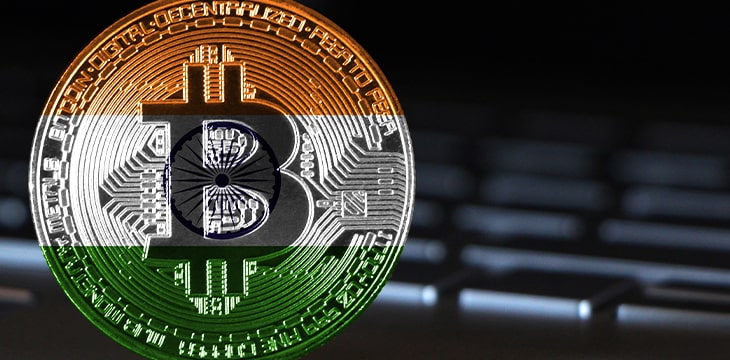|
Getting your Trinity Audio player ready...
|
The watchdog responsible for enforcing economic laws and fighting financial crime is probing one of India’s largest digital currency exchanges over alleged violations of the country’s foreign exchange law. The Enforcement Directorate (ED) is going after WazirX after it allegedly allowed users to transact digital currencies without proper documentation, even as a dozen other global regulators go after its owner Binance for continued legal violations.
In its recent notice to WazirX, the watchdog has reportedly asked the exchange to explain why “withdrawal from crypto wallets is not a violation of the Foreign Exchange Management Act (FEMA),” a source with knowledge on the matter told Indian business newspaper Economic Times.
According to the paper, the regulator has further asked WazirX to explain digital currency transactions totaling INR2,790 crore ($258.3 million) which it believes may have violated the country’s financial laws.
An official for the ED stated, “These were carried out in violation of forex rules. WazirX’s platform allowed clients to transfer cryptocurrencies without proper documentation, making it a route for laundering.”
The watchdog is concerned about the flow of funds through WazirX since it crosses borders, the official added. “Since money has crossed borders, the law of the land applies and one needs to be sure that this money isn’t cheap money (cheap money is low-interest loan) or dirty money (used for illegal activities),” he stated.
For the watchdog, which falls under the Ministry of Finance, the inter-jurisdictional funds movement presents a unique challenge. WazirX, like any other exchange in India and around the world, allows users to withdraw their digital currencies to other exchanges and wallets. This, according to the watchdog, means that while they can know the address the digital currencies go to, they mostly don’t know who controls the wallet. This presents a blind spot that criminals can exploit.
The regulator is adamant that WazirX isn’t doing enough to combat possible misuse of digital currencies by criminals.
An official at the regulator commented, “The exchange has claimed they have done KYC, but that isn’t enough to ensure that the digital currency isn’t misused. In the absence of any official digital currency and regulation, there have been instances of Bitcoins being used to buy drugs on the dark net as well as for money laundering.”
WazirX CEO and founder Nischal Shetty declined to comment on the regulatory action. And according to sources around the exchange, it has yet to respond to the watchdog.
For now, the regulator’s attention is on WazirX, but other exchanges are worried that they could be next. One official with another Indian exchange commented, “While the present investigation is linked to WazirX, ED’s approach and line of questioning could eventually involve other exchanges. Traders on all exchanges are free to transfer cryptos to other wallets… However, we have not received queries or asked to share data on outflow-inflow into wallets.”
The fresh crackdown in India is exposing some of the loopholes in the digital currency market. One of these is the perception by some that digital currencies are beyond the scope and reach of regulators.
One trader told the newspaper, “A bank or the regulator can find out the details of suspicious accounts. But the essence of cryptos, which aims to bypass the banking system, is anonymity and privacy.”
However, as has been proven time and time again, Bitcoin isn’t anonymous, nor should it be. Anonymous digital currencies like Monero have continued to be booted out of several exchanges as they present a money-laundering loophole.
Watch: CoinGeek Zurich panel, The Future of Trading & Digital Assets
Recommended for you
British lawmakers of the parliamentary national security committee have called for a temporary ban on political parties receiving donations in
Circle (NASDAQ: CRCL) soared in 2025 thanks to U.S. ‘regulatory clarity,’ but can this momentum survive a ban on crypto

 02-27-2026
02-27-2026 




